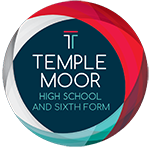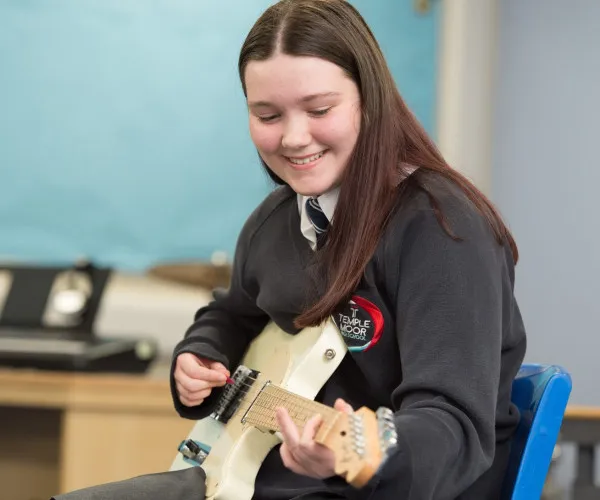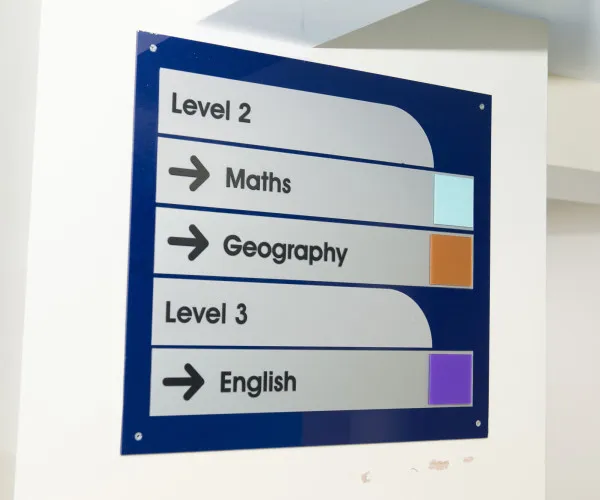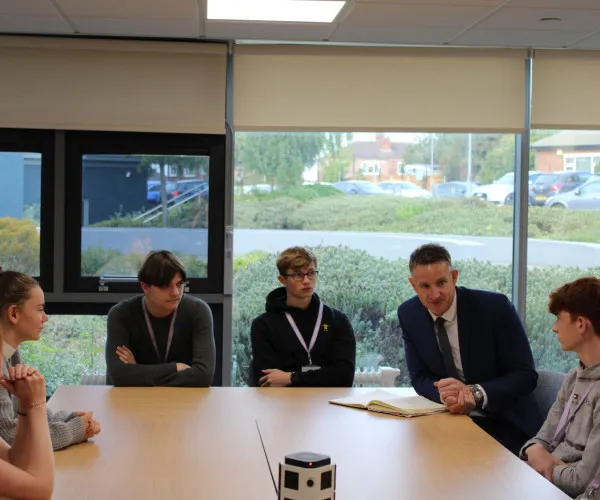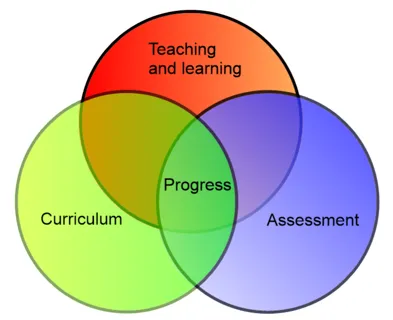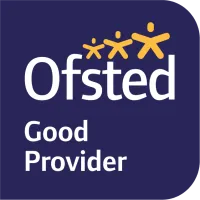Alongside our careful curriculum planning by subject teams, they have also worked to develop a complementary assessment model against which progress within the curriculum can be measured.
Our assessment approach maps out yearly expectations for the progress which we would expect students of differing abilities to be demonstrating, having accessed our taught curriculum. Student attainment can then be judged against these expectations.
By doing this, it allows us to ensure that students are making good progress throughout Key Stage 3, from their given starting points, across all aspects of the knowledge and skills set out in our curriculum planning. Where some students fall below the expectations set for them, this allows us to identify those students and put support in place at an early stage, ensuring that all students have a strong and successful Key Stage 3 foundation on which to build at Key Stage 4, and subsequently at Post 16.
The yearly expectations are planned by our subject teams in four main bands, representing different ability ranges:
- Mastering – work being produced shows a deep understanding of the material covered and well-developed skills. This band is indicative of a student who will go on to get GCSE grade 7-9, if they continue to progress as expected.
- Advancing – work reflects a good understanding of the material covered and associated skills needed for a subject. This band is indicative of a student who will go on to secure GCSE grade 5 to 6, if they continue to progress as expected.
- Securing – work reflects a reasonable understanding of the material covered and some of the skills needed for a subject. This band is indicative of a student who will go on to secure GCSE grade 3 to 4.
- Foundation – work reflects a basic understanding of the material covered the associated skills needed for a subject. This band is indicative of a student who will go on to secure GCSE grade 1 to 2, if they continue to progress as expected.
Each year, the descriptors for each band reflect an increase in demand, in line with the progression we would expect throughout Key Stage 3 for students accessing our curriculum. Subjects have worked with other Red Kite Alliance schools to develop statements which are appropriate to the knowledge and skills each subject is intending to develop by the end of each year, and a range of formal assessments are used to place students into the best fit banding.
Subjects have flexibility to use the method of formal assessment which they deem most appropriate in their subject area. All assessments are designed to be cumulative and iterative, assessing the full breadth of student knowledge and skills to date, in order to continually retrieve and rehearse knowledge, whilst also identifying areas of ephemeral knowledge to inform teachers’ next steps with students and evaluate the impact of the curriculum. Assessments are also internally and externally standardised to ensure validity in the judgements which each member of staff makes.
